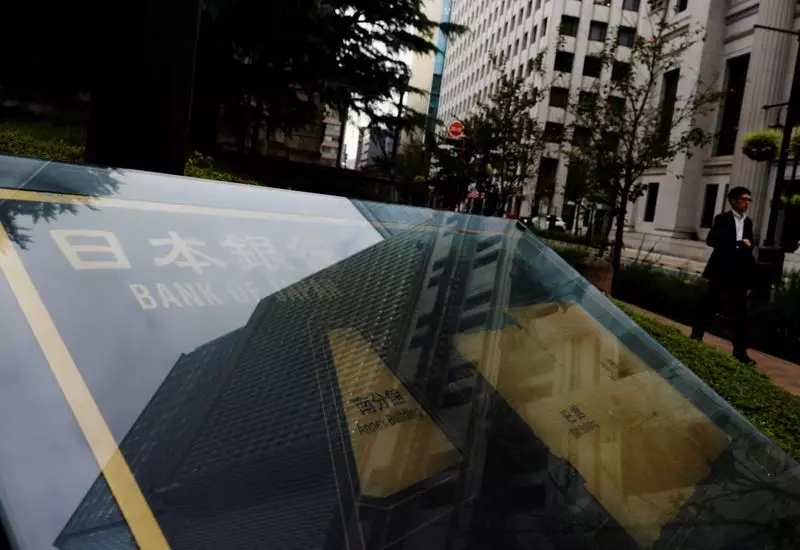The recent decision by the Bank of Japan to trim bond buying in the future has sent ripples through the market, leading to a weakening of the yen and a 0.7% increase in the Nikkei. The central bank’s plan to reveal details of its tapering over the next one to two years at the July meeting has left investors speculating on the impact this may have on the economy. However, the lack of immediate action by the BOJ has been described as “the most dovish outcome that could have been reasonably expected” by experts in the field.
In a week filled with market activity, there has been a growing sentiment of at least two rate cuts from the Federal Reserve amidst signs of easing inflation. The Group of Seven (G7) leaders are scheduled for talks, with a focus on China and the significant tariffs imposed on imported Chinese EVs by the European Commission. This move has been criticized by Beijing, highlighting the ongoing trade tensions between major economies. The uncertainty surrounding European politics, particularly in light of French President Emmanuel Macron’s call for a snap election, has further added to the volatile environment.
Tesla’s Shareholder Approval
On a different note, Tesla shareholders have approved CEO Elon Musk’s substantial $56 billion pay package, demonstrating the strong support Musk receives from the company’s retail investor base. Despite opposition from institutional investors and proxy firms, the proposal passed, showcasing the influence and loyalty of Tesla’s vocal fan base.
Looking ahead, futures suggest a higher open for European bourses, although the STOXX 600 is facing its weakest weekly performance in months. The upcoming discussions at the G7 summit, along with ongoing trade tensions and political uncertainties, are likely to have a significant impact on global markets. It remains to be seen how central banks and policymakers will navigate the current economic landscape and address the challenges posed by trade disputes and geopolitical issues.
The financial markets are entering a period of heightened uncertainty and volatility, driven by a combination of economic indicators, geopolitical events, and central bank policies. Investors and analysts will need to closely monitor these developments and adapt their strategies accordingly to navigate the rapidly changing landscape of global markets.

